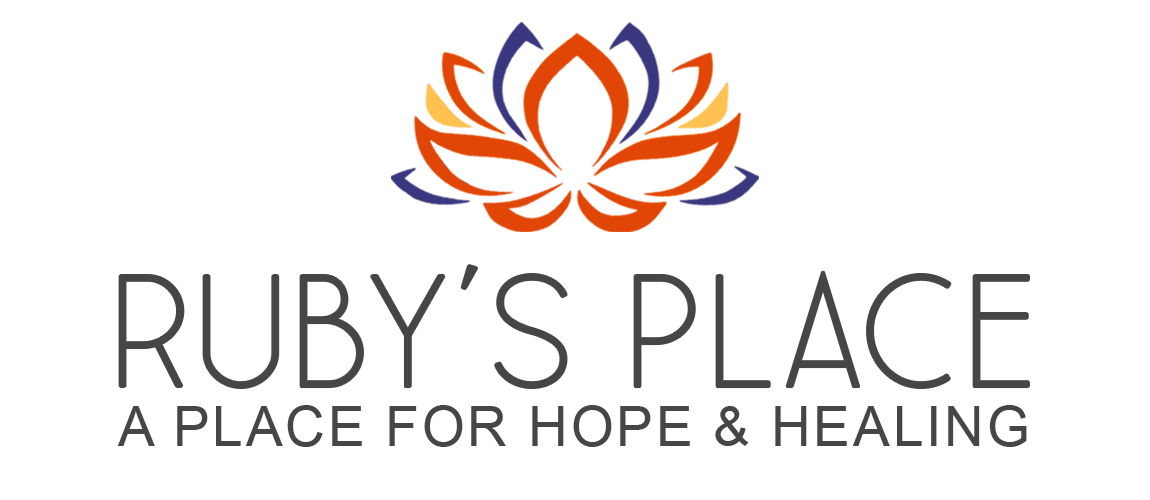Human Trafficking Prevention Month
January marks National Human Trafficking Prevention Month, a month dedicated to raising awareness about one of the most heinous crimes affecting communities worldwide. Instituted in 2010 by a presidential proclamation, this observance aims to shed light on the urgency of combating human trafficking - a form of modern-day slavery.
What is human trafficking?
Human trafficking involves the exploitation of individuals through force, fraud, or coercion for labor or commercial sex.
Victims may exhibit signs like:
Restricted freedom and controlled movements.
Physical signs of abuse or poor health.
Unusual living or working conditions.
Controlled communication or fearful behavior.
What are the different types of trafficking?
Sex Trafficking: Involves the recruitment, harboring, transportation, or provision of individuals for the purpose of sexual exploitation. Victims are forced or coerced into engaging in commercial sex acts, often through fraud, deception, or abuse of power.
Forced Labor: This form involves the exploitation of individuals through labor or services obtained by force, fraud, or coercion. Victims are made to work under conditions of coercion and for little or no pay, often in industries like agriculture, construction, manufacturing, domestic work, or sweatshops.
Child Trafficking: This form specifically targets children under the age of 18 and involves their recruitment, transportation, transfer, harboring, or receipt for the purpose of exploitation. Children are vulnerable to various forms of trafficking, including sexual exploitation, forced labor, child soldiers, child marriage, and forced begging.
Debt Bondage: Victims are coerced or forced to work to repay a debt, real or perceived, often through exploitative working conditions, which may include extremely low wages, excessively long working hours, or substandard living conditions.
Organ Trafficking: Involves the illegal trade of human organs, where individuals are coerced, deceived, or forced to give up their organs, typically kidneys, liver, or corneas, for transplantation.
Domestic Servitude: Victims, often immigrants or individuals from vulnerable populations, are coerced or forced into servitude within private households. They endure long hours, minimal or no pay, physical or sexual abuse, and limited freedom.
Forced Marriage: Involves the coercion of individuals, especially women and girls, into marriages against their will. Victims may face physical, sexual, and emotional abuse within these forced marital relationships.
Trafficking for Criminal Activities: Victims are exploited for criminal activities like theft, drug trafficking, or begging. They are coerced or forced to commit crimes against their will.
At Ruby's Place, we're deeply committed to supporting survivors of human trafficking. Our organization provides survivors a safe haven, counseling, advocacy, and resources to reclaim their lives. We work tirelessly to raise awareness, educate communities, and support those affected by this devastating crime.
This month, we encourage you to stand together to raise awareness, recognize the signs, and take action to prevent human trafficking. Join us in our campaign to make a difference and support survivors on their journey to healing!

